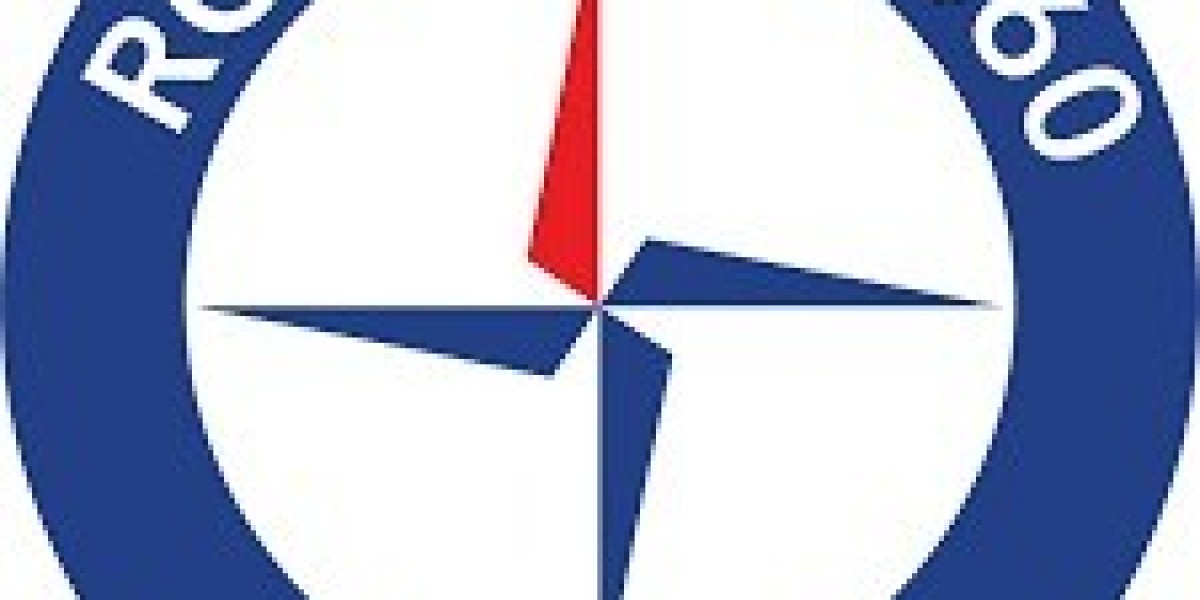If you're in the HVAC industry, you've likely heard of the R407C refrigerant. It's a popular choice for many air conditioning and refrigeration systems. But is it compatible with all HVAC equipment?
What is R407C Refrigerant?
R407C is a hydrofluorocarbon (HFC) refrigerant commonly used in air conditioning and refrigeration systems. It blends three different refrigerants: R32, R125, and R134a. R407C has a lower ozone depletion potential (ODP) and global warming potential (GWP) than many other refrigerants, making it a more environmentally friendly option.
Compatibility with HVAC Equipment
R407C refrigerant is compatible with most HVAC equipment, including air conditioning and refrigeration systems. However, there are some considerations to consider when using R407C with specific types of equipment.
Compatibility with Compressors
R407C refrigerant is compatible with most compressors, including reciprocating, rotary, and scroll compressors. However, it's important to check the manufacturer's recommendations for the specific compressor you use.
Compatibility with Lubricants
R407C refrigerant is compatible with most types of lubricants, including mineral oil, alkyl benzene oil, and polyester oil. However, it's important to use the correct type of lubricant for the specific type of equipment you're working with. The manufacturer's recommendations should always be followed.
Compatibility with System Components
R407C refrigerant is compatible with most system components, including evaporators, condensers, and expansion valves. However, it's important to check the manufacturer's recommendations for the specific type of equipment you're working with.
Environmental Impact of R407C Refrigerant
While R407C refrigerant has a lower ODP and GWP than many other refrigerants, it still significantly impacts the environment. R407C has a GWP of 1774, which means it has 1774 times more potential to contribute to global warming than carbon dioxide over a 100-year time frame. Additionally, if R407C is not handled or disposed of properly, it can leak into the atmosphere and contribute to air pollution.
It's important to handle and dispose of it properly and consider alternative refrigerants with lower GWP to minimise the environmental impact of R407C refrigerant.
Safety Considerations When Working with R407C Refrigerant
R407C refrigerant is generally considered safe, but it's important to follow proper safety precautions when working with it. Here are some key safety considerations to keep in mind:
- Always wear personal protective equipment (PPE), including gloves and safety goggles, when handling R407C refrigerant.
- Ensure the area where you're working is well-ventilated to avoid inhaling R407C refrigerant.
- Never heat the R407C refrigerant or expose it to an open flame, creating toxic fumes.
- Always use proper tools and equipment when working with R407C refrigerant to avoid accidental leaks or spills.
- If a leak does occur, immediately evacuate the area and call a professional to handle the situation.
Proper safety protocols can minimise the risk of injury or harm when working with R407C refrigerant. It's important to take safety seriously to ensure the well-being of yourself and others around you.
Alternative Refrigerants
While R407C refrigerant is a popular choice for many HVAC systems, alternative refrigerants may be more suitable for certain types of equipment. For example, R410A is a high-pressure refrigerant commonly used in newer air conditioning systems. It has a higher cooling capacity and a lower GWP than R407C, making it a more environmentally friendly option.
Conclusion
R407C refrigerant is compatible with most HVAC equipment, including air conditioning and refrigeration systems. However, it's important to check the manufacturer's recommendations for the specific type of equipment you're working with. While R407C is a popular choice, alternative refrigerants may be more suitable for certain types of equipment. Overall, choosing a refrigerant compatible with your equipment and meets environmental regulations is important.



